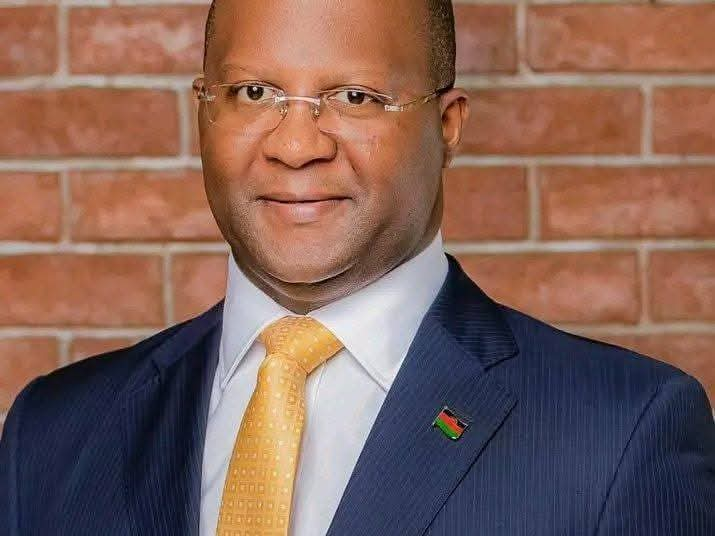By Twink Jones Gadama
A recent social media storm in Malawi has brought to the forefront a contentious issue that has left many questioning the integrity of President Lazarus Chakwera. A TV interview clip from 2019, in which Chakwera promised to reduce the price of a 50kg bag of fertilizer from K19,000 to K4,500, has resurfaced, sparking widespread outrage and disappointment.
The clip, which features Chakwera being interviewed by Brian Banda of Times TV, shows the then-presidential candidate confidently asserting that he would be able to deliver on his promise. When asked about the feasibility of reducing the price of fertilizer to K4,500, Chakwera responded, “You tell the doubting Thomases, you tell every one that doubts that they should no longer doubt, we know who imports Fertilizers, we know where they get Fertilizers, we know how much they pay for this Fertilizers, they are the ones who have actually assured us that it’s a doable thing.”
Fast-forward to the present, and the reality on the ground is starkly different. The same 50kg bag of fertilizer that Chakwera promised to sell at K4,500 is now priced at a staggering K130,000. This drastic increase has left many Malawians feeling betrayed and deceived by their president.
The backlash against Chakwera has been swift and severe, with many calling for his resignation. The hashtag #ChakweraMustGo has been trending on social media, with Malawians expressing their outrage and disappointment at the president’s failure to deliver on his promises.
But what led to this catastrophic failure? Was it a case of overpromising and underdelivering, or were there more sinister forces at play?
One possible explanation is that Chakwera’s administration underestimated the complexity of the fertilizer market.
Furthermore, the government’s handling of the fertilizer procurement process has been marred by allegations of corruption and mismanagement. In one instance, the government paid K750 million to a meat company for the procurement of fertilizers, raising questions about the transparency and accountability of the process.
As Malawians continue to grapple with the consequences of Chakwera’s failed promise, one thing is clear: the president’s credibility has taken a severe hit. The question on everyone’s lips is: how can Chakwera convince Malawians to trust him again?
In a recent statement, Chakwera conceded that his administration had failed to deliver on some of its promises, including the reduction of fertilizer prices.
While this admission of failure is a step in the right direction, it remains to be seen whether Chakwera’s administration can regain the trust of the Malawian people.
As the country prepares for the September 2025 elections, the fertilizer fiasco is likely to be a major campaign issue. Chakwera’s opponents will undoubtedly seize on this failure as evidence of his administration’s incompetence and lack of vision.
The fertilizer fiasco is a stark reminder of the importance of transparency, accountability, and credibility in governance.
As Malawians continue to demand answers from their president, one thing is clear: Chakwera’s administration must do more to regain the trust of the people.



